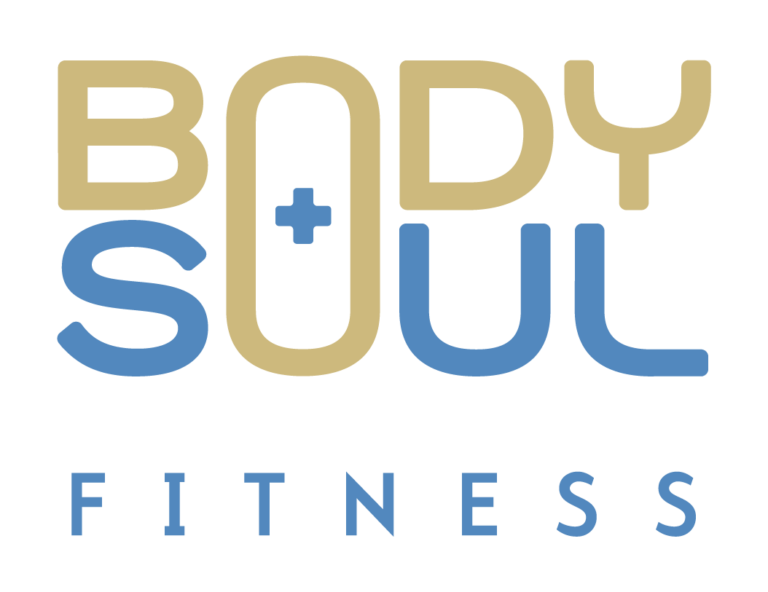Make Light Your Friend When You Wake Up
Light in the morning is the most powerful way of shifting your circadian rhythm and we can use that to our advantage to make it easier to wake up and feel more alert in the morning. My previous suggestion was to purchase an alarm clock that wakes you up with light rather than sound, that’s a great first step. We want to continue to use light exposure to keep helping you feel better. It’s important to continue to expose yourself to light as the morning progresses. If you live outside then that is quite easy as the sun will give you the perfect amount of exposure. We need some good ways of mimicking the sun while remaining indoors and also maximizing our exposure to light when we are outside.
After you wake up, make sure that your home is brightly lit to keep you awake. Avoid the desire to keep things dim as you wake up. This will not help you adjust to waking up early and feeling alert. Overhead lights are great as they are similar to the sun so be sure to keep them on in the morning. If you work in an office or a place that is dimly lit, it is possible to use a desk lamp that emits enough light and the correct type of light that will help stimulate you. These lights are what you would use for seasonal affective disorder and can be searched online as SAD Lights. They are highly effective for light exposure and are clinically proven to improve mood, especially in the months where we don’t get as much sun.
Only Use Sunglasses When Necessary
Another easy tip to make sure you are getting enough light is to wear your sunglasses only when you need to. Too many people automatically reach for their sunglasses regardless of the time or how sunny it is. It can be beneficial to limit your use of sunglasses somewhat to help coax your circadian rhythm along. I’m not saying that sunglasses are bad, in fact, sunglasses are helpful for preventing eye damage in extremely bright environments. However, wearing sunglasses in environments that aren’t brightly lit is not a great idea as it will interfere with your circadian rhythm. For example, many people walk to the subway at 7-8am with sunglasses on, even though it’s not that bright outside. Some even leave their sunglasses on while riding the subway to their location.
Lights effect on the circadian rhythm has long been one of the most important factors in our sleep wake cycles. We want you to use this information to make changes to how you wake up and start your mornings.
In this 10-part sleep series, personal trainer Chris Munro emphasizes the importance of getting enough nightly zzz's and regulating your sleep cycle. Explore how to improve your quality of sleep from the moment you wake up until your head hits the pillow.
Explore why regulating your internal clock, or staying consistent with what time you wake up at in the morning is crucial for your health. It will also discuss why using the alarm on your phone is not good sleep practice.
Chris discusses how and why light exposure in the morning, as opposed to sound, can be a great first step in sleep improvement and help you feel better.
Is it really that important to eat breakfast? What about intermittent fasting diets - are they healthy? Chris discusses why it’s bad practice to skip a morning meal, the detriments it can have on your sleep patterns and healthy foods to eat for breakfast.
Do you tend to feel sluggish in the morning? Chris explains how exercising in the morning will not only improve your energy levels throughout the day, but also help your quality of sleep at night.
Chris discusses how to monitor and limit your caffeine consumption so you can still drink coffee without ruining your sleep patterns. He also reviews an average daily step count goal, and the importance of staying active outside of your workouts.
Alcohol makes me drowsy, but does it help me sleep better? Chris outlines a few guidelines for what you should aim to eat and drink in the evening to ensure optimal sleep quality. He explores the negative impact drinking alcohol too close to bed will have on your nightly rest.
Are you on your cellphone and/or iPad late at night? Chris explores how artificial light, including electronics, should be avoided in the evening, and details tips to decrease your exposure.
Chris looks into the many things you can do right before bed, and during sleep that will help you fall asleep faster and improve the quality of your nightly zzz’s. He will touch on things like bedroom temperature and light, routine, and activities to do.
In this final video in this sleep series, Chris emphasizes the importance of consistency and routine. He also addresses a few common sleep problems, such as nighttime wake ups and how to avoid these.

